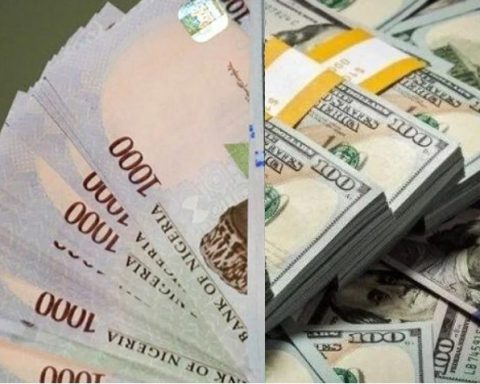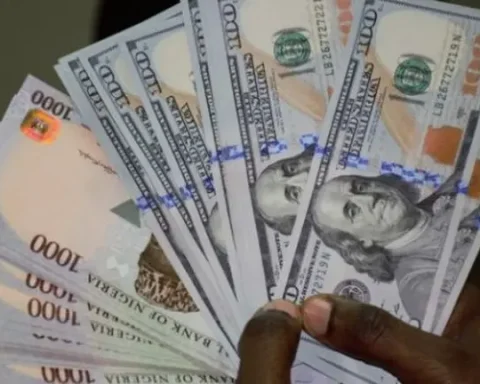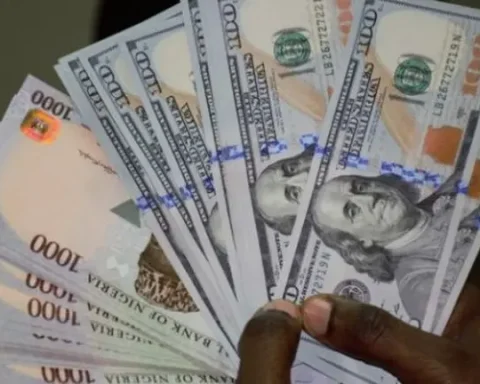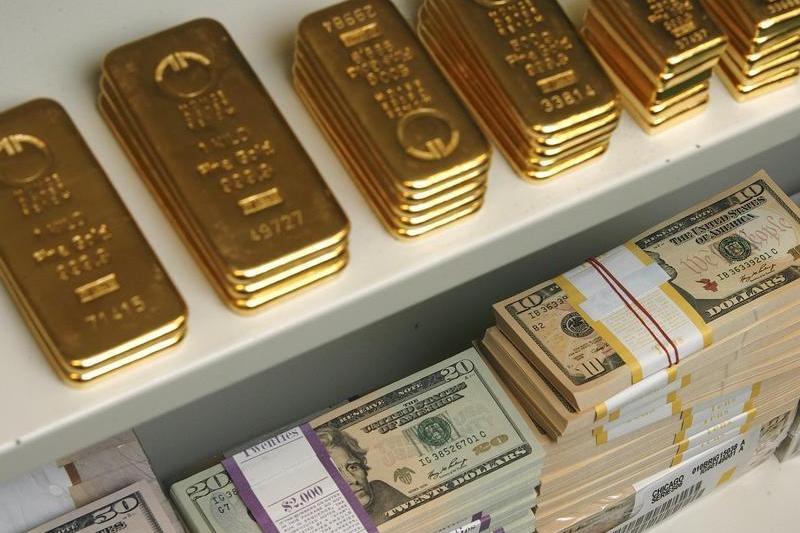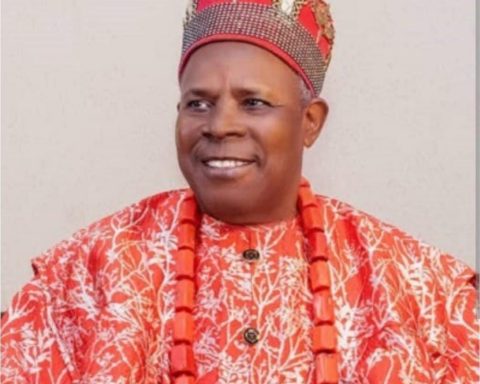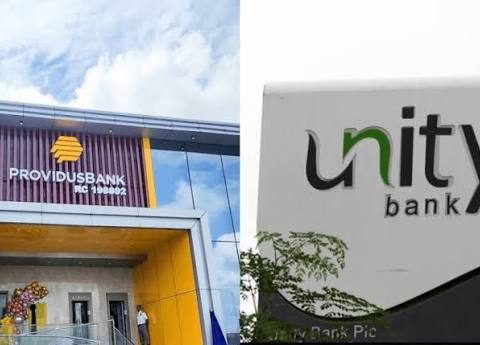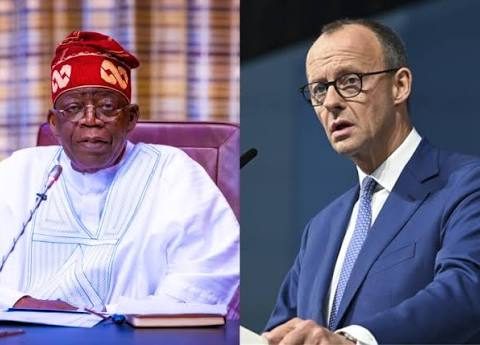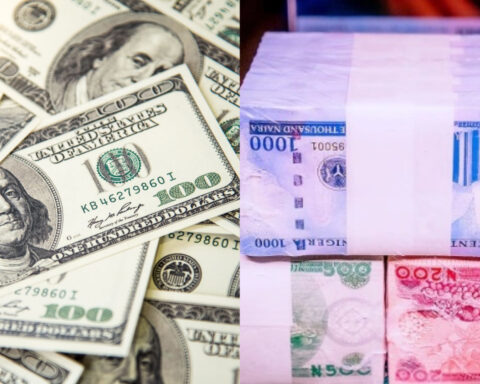In a week marked by economic turbulence, the Nigerian parallel market exchange rate plummeted to an all-time low of N1,680 per Great Britain Pound (GBP), showcasing a 7% decline compared to the previous week.
This depreciation, attributed to an insatiable demand for dollars, has raised concerns about potential economic repercussions.
Market analysts point to various contributors to the surge in demand, including businesses restocking goods, individuals pursuing overseas studies, and the departure of diaspora Nigerians, notably from the UK.
The ripple effect of this heightened demand has driven the Naira to its lowest point against the British pound in history.
Notably, the Central Bank of Nigeria (CBN) has responded with a commitment to address severe infractions and non-compliance in foreign exchange transactions.
Acting Director of the Corporate Communications Department, Mrs. Hakama Sidi Ali, revealed that an independent forensic review by a reputable firm prompted the decision to impose sanctions and cleanse the financial services sector.
Mrs. Sidi Ali emphasized the CBN’s determination to instill trust in the market, stating, “The CBN will continue to settle the legitimate foreign exchange backlog as it has consistently been doing in the last three months.”
Additionally, the CBN announced a $2 billion financial injection into sectors like manufacturing, aviation, and petroleum, marking a milestone in resolving forex backlogs.
As schools abroad reopen and international students restock their currency reserves for impending fees, the economic landscape remains uncertain.
The unprecedented depreciation against the British pound underscores the need for an approach to stabilize the Naira and ensure the resilience of the Nigerian economy.
Naira Hits Record Low Against British Pound Amid High Demand For Dollars



